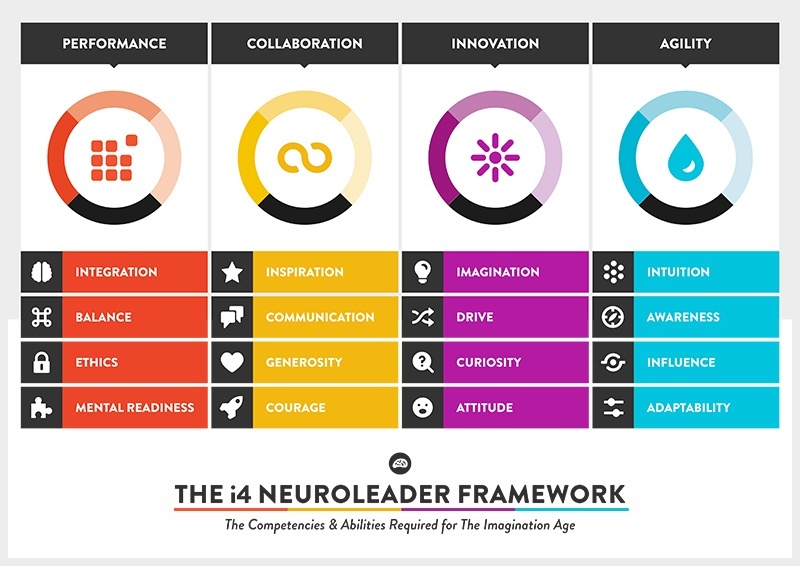
In today's fast-paced, often cut-throat business environment, ethics is, maybe, not the first thing that comes to mind. If you turn on the news, you see examples of people in power abusing that power, and countless others suffering because of it
Understanding your addictions and being able to give a firm 'no' is essential to maintaining your ethics. You may feel forced to do things at work that don't sit well in your gut, and learning to speak up for yourself is important.
The political climate worldwide is ever-changing. The business community must continually adapt to new laws and new leaders. This change can leave many people feeling bitter and unhappy, especially if they didn't vote for it or aren't able to vote in the first place.
Suddenly, armchair patriots (on either side of the issues) come out of the woodwork. They protest on forums; they protest on social media. Everyone spends all their time thinking up snide comments to post to Internet strangers. Sure, words can have power. But action speaks louder than any Facebook post.
As people band together around the world to protest issues in their communities, you should remember that actions are the real deal. If you claim to have certain values and a sense of integrity, you have to act like it. Just saying that you do isn't enough.
It isn't enough to have values. You have to demonstrate those values. Having a high ethical standard means having the self-awareness to understand if society is judging you correctly and if you are leading the principles that you feel are right.
Action indeed is the sole medium of expression for ethics.
Jane Addams
It is profoundly important that management promotes an ethical environment. Your employees are your most valuable asset, so to be part of a greater organisation, you need to ensure that your staff's needs and values are well-defined and acknowledged.
Ethics is one of the 4 pillars under the competency of Performance in the  . Taking time to reflect on the values and principles that are important to you and knowing how to act in unknown situations can help you improve your Performance as a leader.
. Taking time to reflect on the values and principles that are important to you and knowing how to act in unknown situations can help you improve your Performance as a leader.
 will teach you the act of deep reflection and help you be cognizant of the congruence between your values and actions.
will teach you the act of deep reflection and help you be cognizant of the congruence between your values and actions.

Ethics means re-examining team values and how they are supported or hindered. But no medical machine can measure a person's values or how much imagination a person has within them.
Only you can look deep into yourself and determine the answer. Then you have to decide if you talk the talk or walk the walk.
These Stories on Ethics

Founder & CEO
About my Brain Institute
Scientist, educator, author, speaker, coach, award-winning leadership specialist, filmmaker and creator of the i4 Neuroleader Model & Methodology.
Silvia's scientific background and curiosity about the human brain led her to a decade long journey of research into optimal brain functioning and the application of neuroscience in leadership and daily life. Her past and current roles have uniquely prepared her for the current undertaking, that of leadership activist & change agent.
Silvia Damiano founded The About my Brain Institute in 2009, with the purpose of democratising leadership & neuroscience. She has a passionately held belief, that leaders in our 21st century global economy and their organisations must radically change long-held ideas of what constitutes effective leadership
In her ground-breaking books ‘Leadership is Upside Down’, ‘Brain-Friendly Leadership’ and the 2018 documentary ‘Make Me A Leader’, Silvia provides both compelling evidence and explores the importance of leadership in our personal and professional lives and what it takes to develop the human behind the leader.
Silvia has worked in different countries, across many industries, helping teams and organisations improve business performance. Silvia’s clients have described her as a passionate, dynamic, a highly experienced speaker and master facilitator on the topics of Emotional Intelligence, Cultural Change, Neuroleadership & Engagement.
Silvia is passionate about leaving a legacy of well-rounded leaders who can act and decide in a way that better serves humanity. Her clients include Microsoft, Australian Stock Exchange, NSW Government, VISA, Fuji Xerox and Manpower amongst many other global companies.
Monday to Friday
9:00am - 5:00pm (AEST)
Sydney, Australia
We reply within 48 hours!
General Business Enquiries:
hello@aboutmybrain.com
Technical Support:
support@aboutmybrain.com
No Comments Yet
Let us know what you think